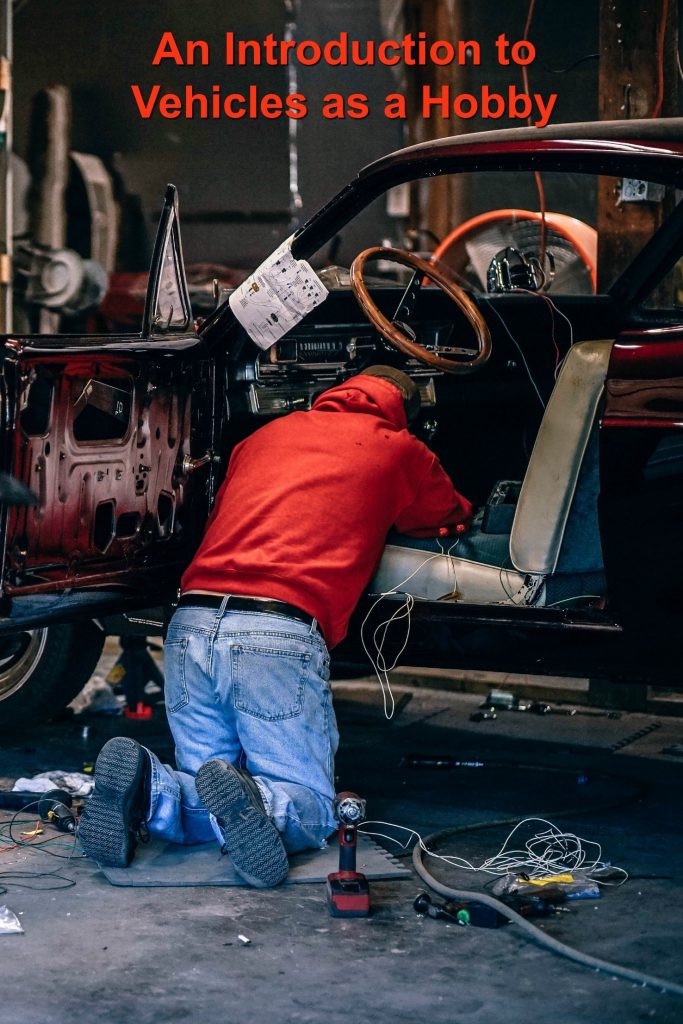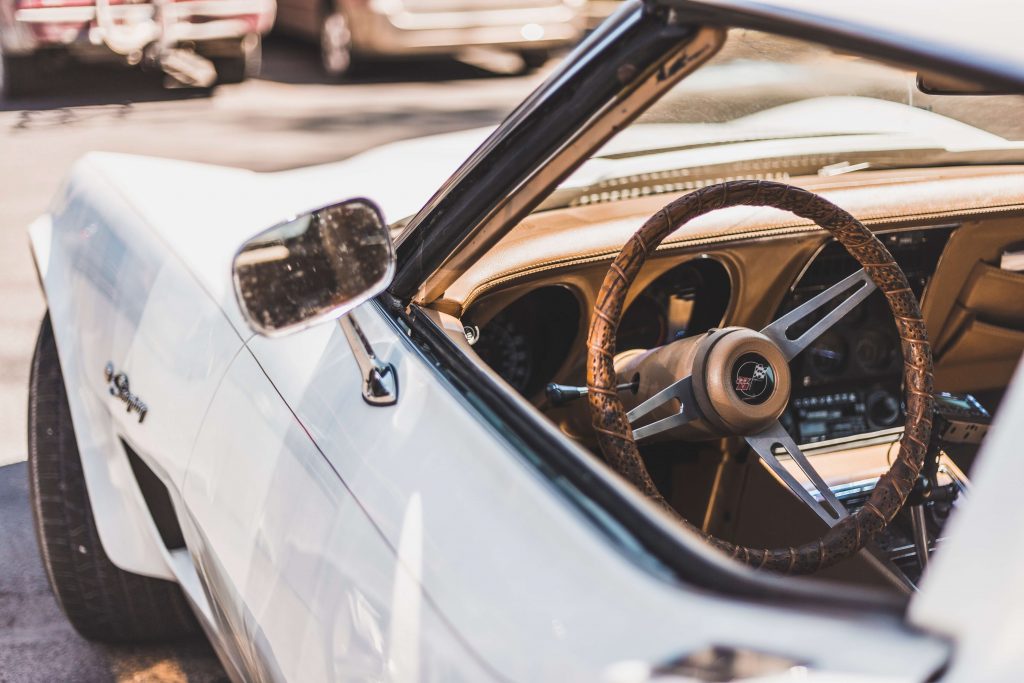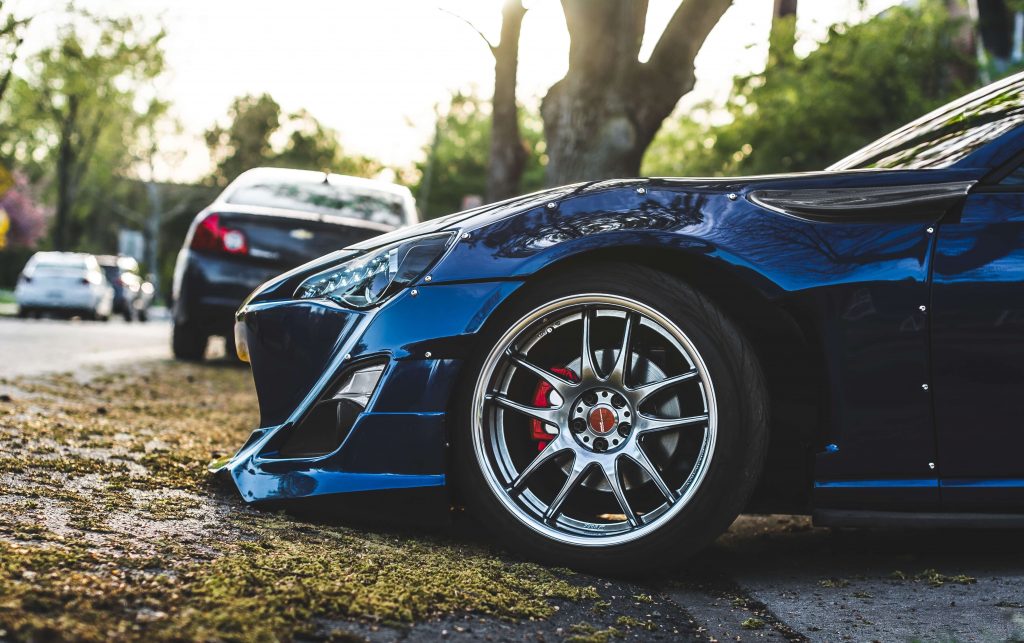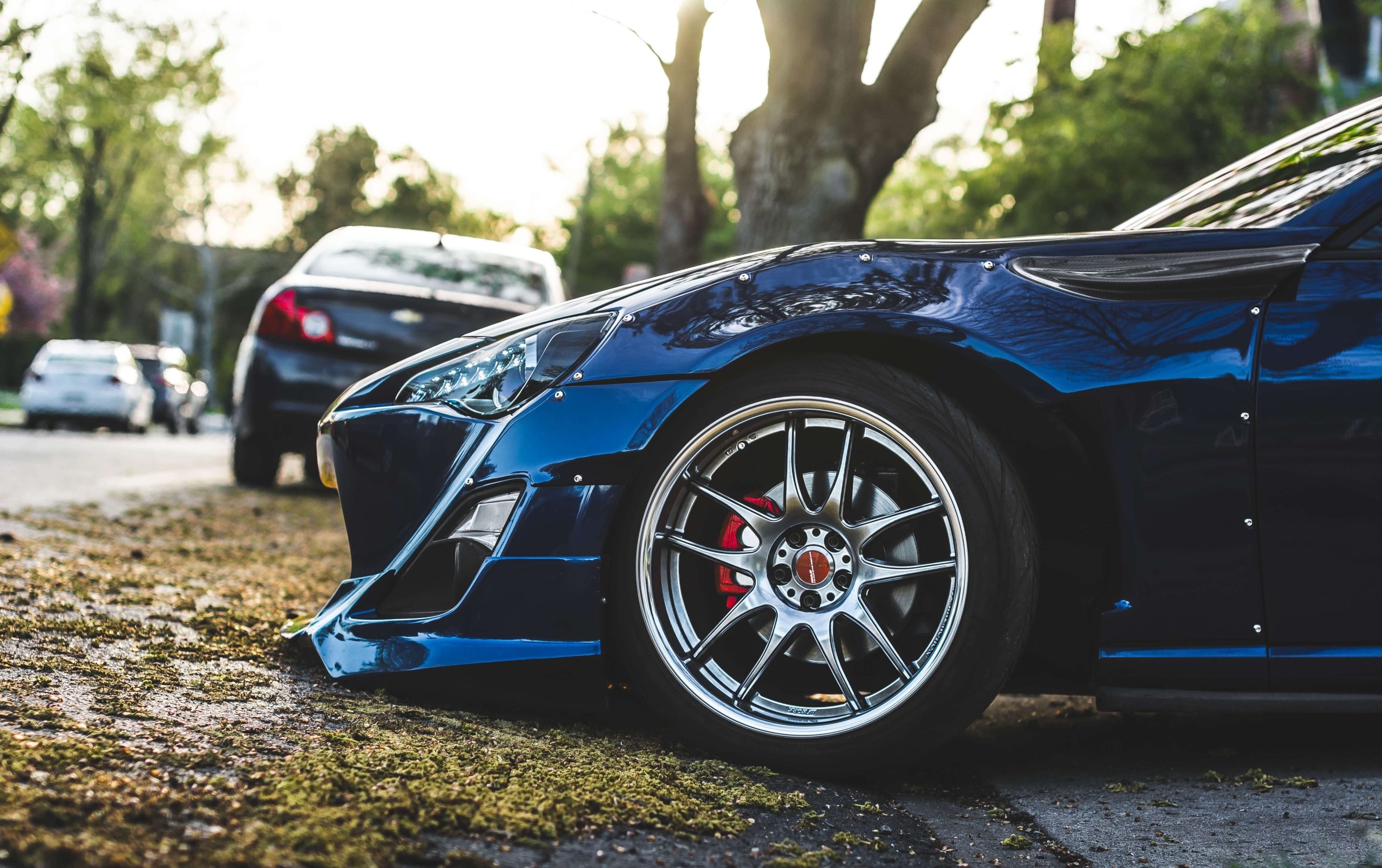About Me
Hi, my name is Jessica Pry. I’m from just outside of Philadelphia, Pennsylvania and I’m an automotive technician, a business owner, and a vegan. I own and love a Jeep Wrangler, a Harley 883c, a ’70 Oldsmobile Cutlass Sport, and a Mazda Miata. I have a nine-month-old Austrailian Cattle Dog named Lovey, and I blog over at All American Auto Services. Please, stop by for vehicle information, tips, and advice. With my blog, I hope to help people understand their cars and maybe love them just a bit more.
I believe that you can do anything if you try.
Also, with the right information and a smidgen of interest, great things can happen.
An Introduction to Vehicles as a Hobby
Choosing vehicles as a hobby is an excellent idea for anyone because it will teach you so much. With an understanding of vehicles, you will prepare yourself for a myriad of situations. Think about how long we could all expect to be driving. With vehicles as one of your hobbies, you could gain practical knowledge that will help you for the rest of your life. In this article, I will tell you how to start this hobby.
With a basic understanding of cars you will:
- Be more aware of your vehicle, know how it’s supposed to feel while driving and when something is wrong;
- Know how to handle a flat tire or broken down car;
- Know what to say/have better communication with your mechanic;
- Learn whether or not to go in for service or do a repair yourself;
- Learn what your car needs and the best way to get it.

The list of positive changes in your life that a car hobby can make is infinite, with all pointing towards you becoming a more self-reliant person. Anyone can do this!
Here are my top tips if you want to start caring for your car as a hobby:
Having correct information is vital
I suggest starting down this path by buying a repair manual for your specific vehicle. Chilton or Haynes are both great companies for this. Their manuals are low priced and contain a lot of theory that will help answer questions about how stuff works. Another great option is to find a mentor. Spend time with someone that already does this hobby themselves. Ask your mentor questions or ask them to walk you through something that you have interest in doing. You could also watch how-to YouTube videos.

Tools are a must
They are a long-term investment. I suggest buying quality tools that come with a lifetime warranty because tools break. I find that if you buy cheap tools, you will get much less use out of them. In the case of tools you get what you pay for and purchasing something of quality is usually cheaper than buying cheap twice.
Also, when it comes to tools keep in mind the hours when you will be able to get it replaced. Because you have a regular job and are doing this on the side, you will most likely be maintaining your car in the evenings or on the weekend. You may find yourself stuck in the middle of a repair with a broken tool. I suggest buying from a local vendor that has flexible hours.

Quality parts are important
When it comes to parts, you also want to find a local quality parts place that’s open during hours that work for you. Getting parts that are wrong is a common problem. They can be incorrectly catalogued, boxed wrong, or labelled wrong. Manufacture dates can also be sketchy. I like to take photos with my phone of components that may be questionable or troublesome. Showing pictures to a supplier can be a great help. Always open the box and visually check that you’re buying the correct item.
Keep safety in mind
Wear gloves to protect your skin from chemicals, wear glasses or goggles to protect your eyes (when necessary), and use jack stands to protect your body. Always use jack stands when using a jack to lift your car. Car ramps and a wheel chock are also a good idea. Take your time and look for potential pitfalls with everything you do.
Always recycle
Pretty much everything that comes off of or out of your vehicle can be recycled or reused. Make sure to be responsible and dispose of everything properly. To recycle most fluids, they need to be kept separated. They can be poured into bottles with lids and taken to your local garage. A good idea: keep an empty (dried out) windshield washer container to transport used oil. Never mix oil and water. Your local garage will recycle coolant or reuse old oil and transmission fluid for heating.
Start small
It’s best to start small. Read up on anything you want to attempt on your car. Move forward once you understand and are confident that you know how to do the job thoroughly. If you can, ask a mentor to help walk you through something for the first time.
An excellent place to start this hobby is by washing and waxing your vehicle. Clean the inside of it out and vacuum the carpet thoroughly including the trunk. Replace any blown out light bulbs, replace streaky wiper blades, check your filters and replace them if needed. Check your tire pressure including the spare tire. Clean and paint your wheels if yours are old and dingy. It’s incredible the difference new or freshly painted wheels can make.

The last tips I will leave you with are The Golden Rules
When tightening something always read the directions and follow the specifications and bolt pattern found in the manual. Use a torque wrench when it’s needed. If you don’t tighten evenly, you will crack or warp your new part.
Always put oil back into the car before doing anything else. You don’t want to start your motor without oil because you got distracted by a phone call.
Always tighten lug nuts immediately and fully after setting the wheel on the car. Never set the wheel on the car and then move on to something else. Don’t leave any chance that you could drive away with an improperly tightened wheel.
Never use a plugged-in drop light or any lightbulb that produces a spark, when broken, around fuel. If you drop and break the bulb, you could ignite the fuel.
Always double check everything before moving on.
Hope this helps you start a new hobby! Follow me on my blog for more information and weekly posts.
Jessica’s articles are always informative, complete and easy to follow. This is a great weekend hobby that is easy to start and will resonate with both women and men. Thank you to Jess for such a thorough guide; it is exactly what Hobbyism was missing and desperately needed. – Sarah (editor of Hobbyism).
Share your hobby to be featured on the website.
